Top 10 Azure Services
Azure is a cloud computing platform and infrastructure created by Microsoft for building, deploying, and managing applications and services through a global network of Microsoft-managed data centers. It offers a wide range of services, including virtual machines, web and mobile apps, data storage, and analytics, to name just a few. In this blog post, we will take a look at the top 10 Azure services that are most popular among developers and businesses.
Azure Virtual Machines
Azure Virtual Machines (VMs) is a service offered by Microsoft Azure that allows you to create and configure virtual machines in the cloud. With Azure VMs, you can choose from a wide range of configurations, including different sizes, operating systems, and software packages, to tailor your VM to the specific needs of your application or workload.
One of the key benefits of Azure VMs is their flexibility. You can use them to run a variety of applications, including legacy applications that may not be compatible with newer hardware or software. You can also use them to test new software in a secure and isolated environment before deploying it to production.
In addition to the standard VM offerings, Azure also offers a number of specialized VM types, including GPU-enabled VMs for graphics-intensive workloads and High Performance Computing (HPC) VMs for demanding scientific and engineering simulations.
Azure VMs are also highly scalable and can be easily resized to meet the changing needs of your workload. You can choose from a variety of pricing options, including pay-as-you-go, reserved instances, and spot instances, to find the plan that fits your budget.
Overall, Azure VMs are a powerful and flexible tool for running a wide range of applications in the cloud. They offer a great way to take advantage of the scalability and reliability of the cloud without the need to manage your own infrastructure.
Azure App Service
Azure App Service is a fully managed platform for building and deploying web and mobile applications. It supports a variety of programming languages and frameworks, including .NET, Java, Node.js, and Python.
One of the key benefits of Azure App Service is its ease of use. It includes a number of built-in features that make it easy to develop and deploy applications, including automatic scaling, integration with Azure DevOps, and support for continuous integration and delivery.
Azure App Service also offers a number of features to help you build high-quality applications, including monitoring and diagnostics, security and compliance, and integration with other Azure services like Azure Functions and Azure Storage.
In addition to the standard App Service offerings, Azure also offers a number of specialized App Service plans, including App Service on Linux, which allows you to build and deploy applications using a Linux operating system, and App Service on Containers, which allows you to deploy containerized applications to the cloud.
Overall, Azure App Service is a powerful and flexible platform for building and deploying web and mobile applications in the cloud. It offers a range of features and tools to help you develop, test, and deploy high-quality applications quickly and easily.
Azure Storage
Azure Storage is a scalable and durable cloud storage service that allows you to store and retrieve large amounts of data, including unstructured data like audio, video, and images. It includes options for file storage, block storage, and object storage.
One of the key benefits of Azure Storage is its durability and availability. Azure Storage is designed to provide at least 99.9% availability for both read and write operations, and it includes built-in replication to protect against data loss due to hardware failures or disasters. This makes it a reliable choice for storing mission-critical data that needs to be available 24/7.
Azure Storage also offers a number of options for optimizing performance, including the ability to choose the storage tier that best fits your needs, and the option to use Azure Premium Storage for applications that require low latency and high IOPS.
In addition to the standard Storage offerings, Azure also offers a number of specialized storage solutions, including Azure Data Lake Storage, which is optimized for big data analytics, and Azure StorSimple, which combines cloud storage with on-premises storage to provide a hybrid storage solution.
Overall, Azure Storage is a reliable and scalable solution for storing a wide range of data in the cloud. It offers a range of options and features to help you store, manage, and access your data effectively.
Azure SQL Database
Azure SQL Database is a fully managed relational database service that allows you to create and manage databases in the cloud. It supports a variety of programming languages and tools, and provides built-in security and compliance features.
One of the key benefits of Azure SQL Database is its scalability. You can easily scale up or down to meet the needs of your application, and Azure automatically takes care of the underlying infrastructure. This makes it easy to handle sudden spikes in traffic or workloads, without the need to worry about capacity planning or maintenance.
Azure SQL Database also includes a number of security and compliance features, including encryption at rest and in transit, and support for industry-standard compliance standards like PCI DSS and HIPAA. This makes it a secure choice for storing sensitive data, such as customer or financial information.
In addition to the standard SQL Database offerings, Azure also offers a number of specialized database options, including Azure SQL Managed Instance, which provides a fully managed instance of SQL Server in the cloud, and Azure SQL Data Warehouse, which is optimized for big data analytics.
Overall, Azure SQL Database is a powerful and scalable solution for creating and managing relational databases in the cloud. It offers a range of features and tools to help you store, manage, and access your data effectively.
Azure Functions
Azure Functions is a serverless computing platform that allows you to run code in response to specific triggers, such as changes to data in a database or the arrival of new messages in a queue. It is a great way to build scalable and reliable applications without the need to manage infrastructure.
One of the key benefits of Azure Functions is its simplicity. You can create and deploy functions in just a few minutes, and Azure takes care of the underlying infrastructure, including scaling and monitoring. This makes it easy to focus on writing code, rather than worrying about servers or infrastructure.
Azure Functions also integrates with a number of other Azure services, including Azure Storage, Azure Event Hubs, and Azure Service Bus, which makes it easy to build event-driven architectures and incorporate data from other sources into your functions.
In addition to the standard Functions offerings, Azure also offers a number of specialized functions options, including Azure Functions Premium, which provides enhanced performance and scaling capabilities, and Azure Functions on IoT Edge, which allows you to run functions on edge devices.
Overall, Azure Functions is a powerful and flexible platform for building event-driven applications in the cloud. It offers a range of features and tools to help you build scalable and reliable applications quickly and easily.
Azure DevOps
Azure DevOps is a set of tools and services for building and managing software projects. It includes tools for version control, continuous integration and delivery, project management, and more.
One of the key benefits of Azure DevOps is its integration with other Azure services. You can use it to manage your code repositories, build and deploy your applications, and track the progress of your projects, all within the same platform. This makes it easy to coordinate the work of your development team and keep your projects on track.
Azure DevOps also includes a number of features to help you improve the quality of your code, including integration with popular testing frameworks and tools, and support for code reviews and collaboration.
In addition to the standard DevOps offerings, Azure also offers a number of specialized DevOps options, including Azure Boards, which provides a rich set of project management tools, and Azure Repos, which provides a range of version control options.
Overall, Azure DevOps is a powerful and comprehensive platform for building and managing software projects in the cloud. It offers a range of tools and features to help you develop, test, and deploy high-quality software quickly and efficiently.
Azure Cosmos DB
Azure Cosmos DB is a globally distributed, multi-model database service that allows you to build and deploy applications with guaranteed uptime, low latency, and high throughput. It supports a variety of data models, including key-value, document, column-family, and graph.
One of the key benefits of Azure Cosmos DB is its global distribution. You can deploy your data to multiple regions around the world, and Azure automatically replicates your data to ensure that it is always available and consistent. This makes it a great choice for building applications that need to be highly available and responsive, regardless of the location of your users.
Azure Cosmos DB also includes a number of features to help you optimize the performance of your applications, including the ability to choose the consistency level that best fits your needs, and the option to use multiple APIs to access your data.
In addition to the standard Cosmos DB offerings, Azure also offers a number of specialized database options, including Azure Table Storage, which provides a simple NoSQL key-value store, and Azure SQL Database, which is a fully managed relational database service.
Overall, Azure Cosmos DB is a powerful and flexible platform for building globally distributed, high-performance applications. It offers a range of features and tools to help you store, manage, and access your data effectively.
Azure Machine Learning
Azure Machine Learning is a cloud-based platform for building and deploying machine learning models. It includes a variety of tools and services for data preparation, model training, and deployment, as well as integration with other Azure services like Azure Data Lake and Azure Data Factory.
One of the key benefits of Azure Machine Learning is its accessibility. You can use it to build machine learning models using a variety of programming languages and tools, including Python, R, and Jupyter notebooks. It also includes a number of pre-built models and algorithms that you can use out-of-the-box, making it easy to get started with machine learning, even if you don’t have a lot of experience in the field.
Azure Machine Learning also includes a number of features to help you deploy and manage your machine learning models, including integration with Azure Kubernetes Service for deploying models as containers, and support for continuous integration and delivery.
Overall, Azure Machine Learning is a powerful and comprehensive platform for building and deploying machine learning models in the cloud. It offers a range of tools and features to help you build, test, and deploy high-quality models quickly and easily.
Azure Kubernetes Service
Azure Kubernetes Service (AKS) is a managed Kubernetes platform that allows you to deploy and manage containerized applications at scale. It includes features like automatic scaling, monitoring, and logging, and integrates with other Azure services like Azure Monitor and Azure Container Registry.
One of the key benefits of AKS is its simplicity. You can create and deploy a Kubernetes cluster in just a few minutes, and AKS takes care of the underlying infrastructure, including provisioning and managing the nodes in your cluster. This makes it easy to focus on developing and deploying your applications, rather than worrying about managing the underlying infrastructure.
AKS also includes a number of features to help you optimize the performance and scalability of your applications, including the ability to scale your cluster up or down based on demand, and the option to use spot instances to save cost.
In addition to the standard AKS offerings, Azure also offers a number of specialized Kubernetes options, including Azure Red Hat OpenShift, which provides a fully managed OpenShift cluster, and Azure Container Instances, which allows you to run containerized applications without the need to manage infrastructure.
Overall, AKS is a powerful and flexible platform for deploying and managing containerized applications in the cloud. It offers a range of features and tools to help you build, deploy, and manage applications at scale.
Azure Active Directory
Azure Active Directory (AD) is a cloud-based identity and access management service that allows you to manage user identities and access to resources across your organization. It supports a variety of authentication methods, including single sign-on, multi-factor authentication, and more.
One of the key benefits of Azure AD is its integration with other Azure services. You can use it to manage user access to a wide range of resources, including applications, data, and infrastructure, and it integrates with a number of other Azure services, including Azure AD Domain Services, Azure AD Identity Protection, and Azure AD Privileged Identity Management.
Azure AD also includes a number of security and compliance features, including support for industry-standard protocols like SAML and OAuth, and integration with Azure AD Conditional Access, which allows you to set fine-grained access policies based on user identity, device, location, and other factors.
Overall, Azure AD is a powerful and comprehensive platform for managing user identities and access to resources in the cloud. It offers a range of features and tools to help you secure and manage access to your resources effectively.
Conclusion
These are just a few examples of the many services offered by Azure. Whether you are building a simple web application or a complex enterprise-grade solution, Azure has the tools and resources you need to get the job done.




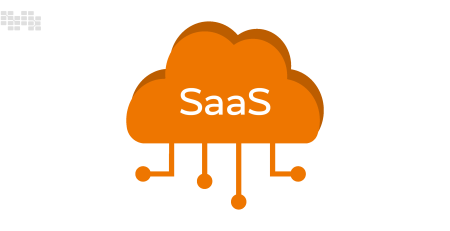
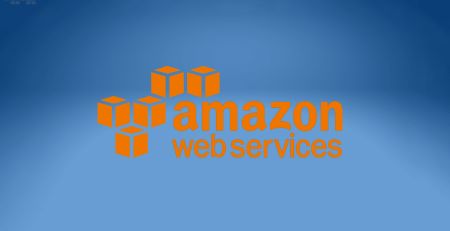

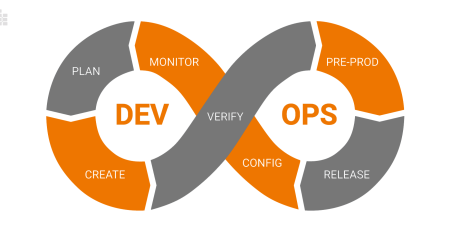
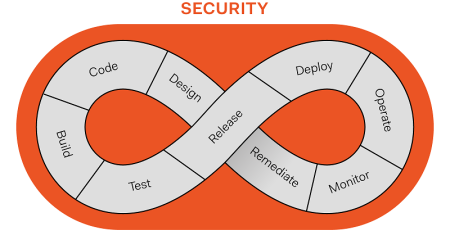
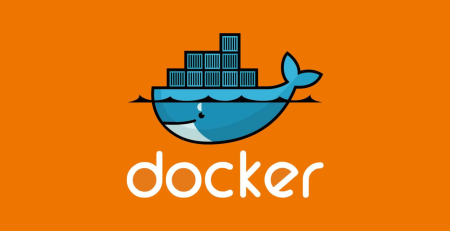
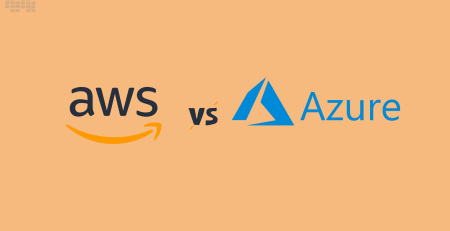
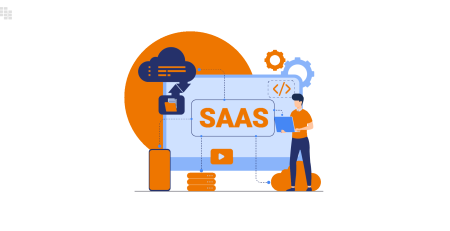
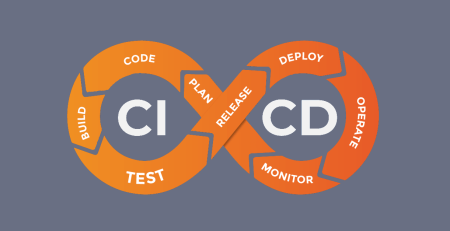
Leave a Reply